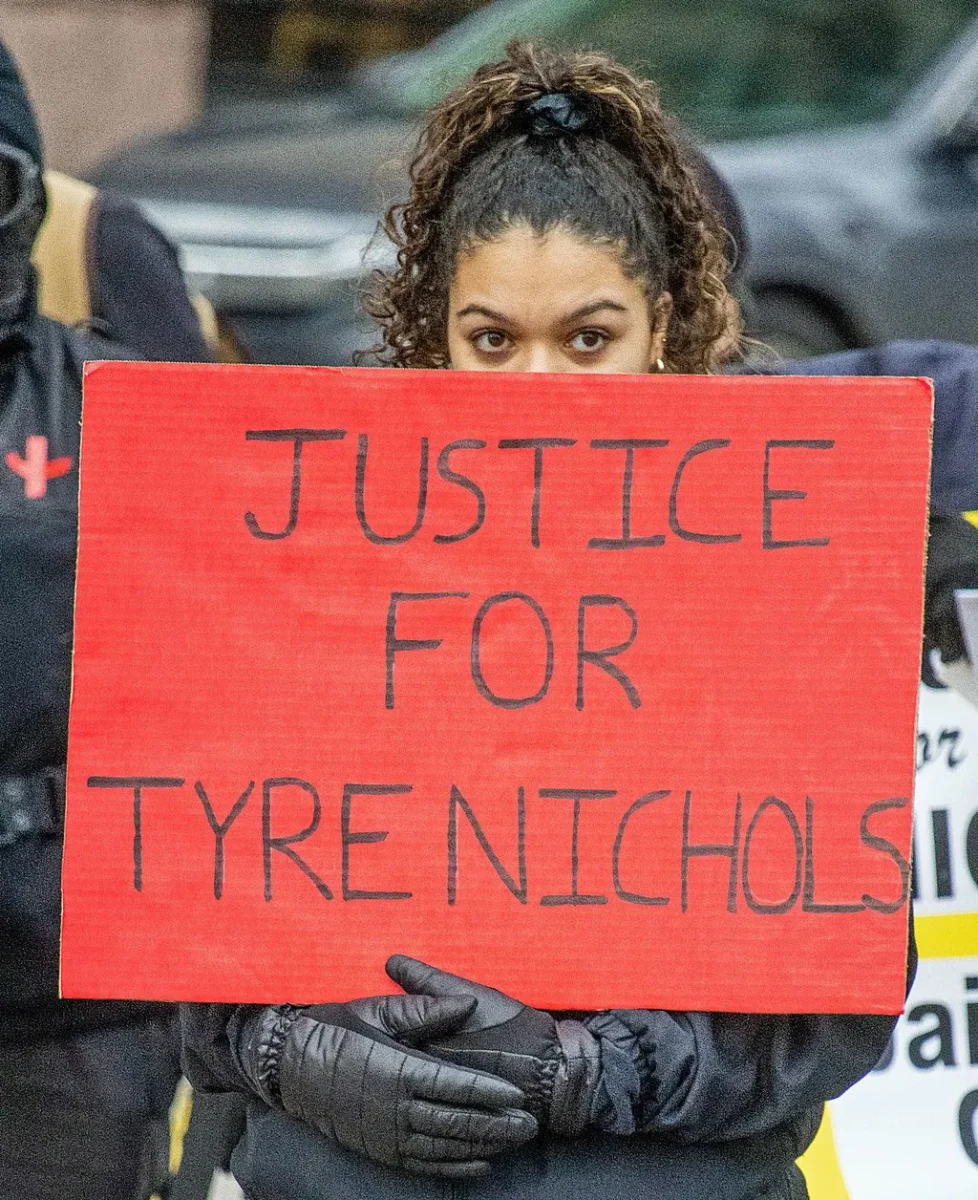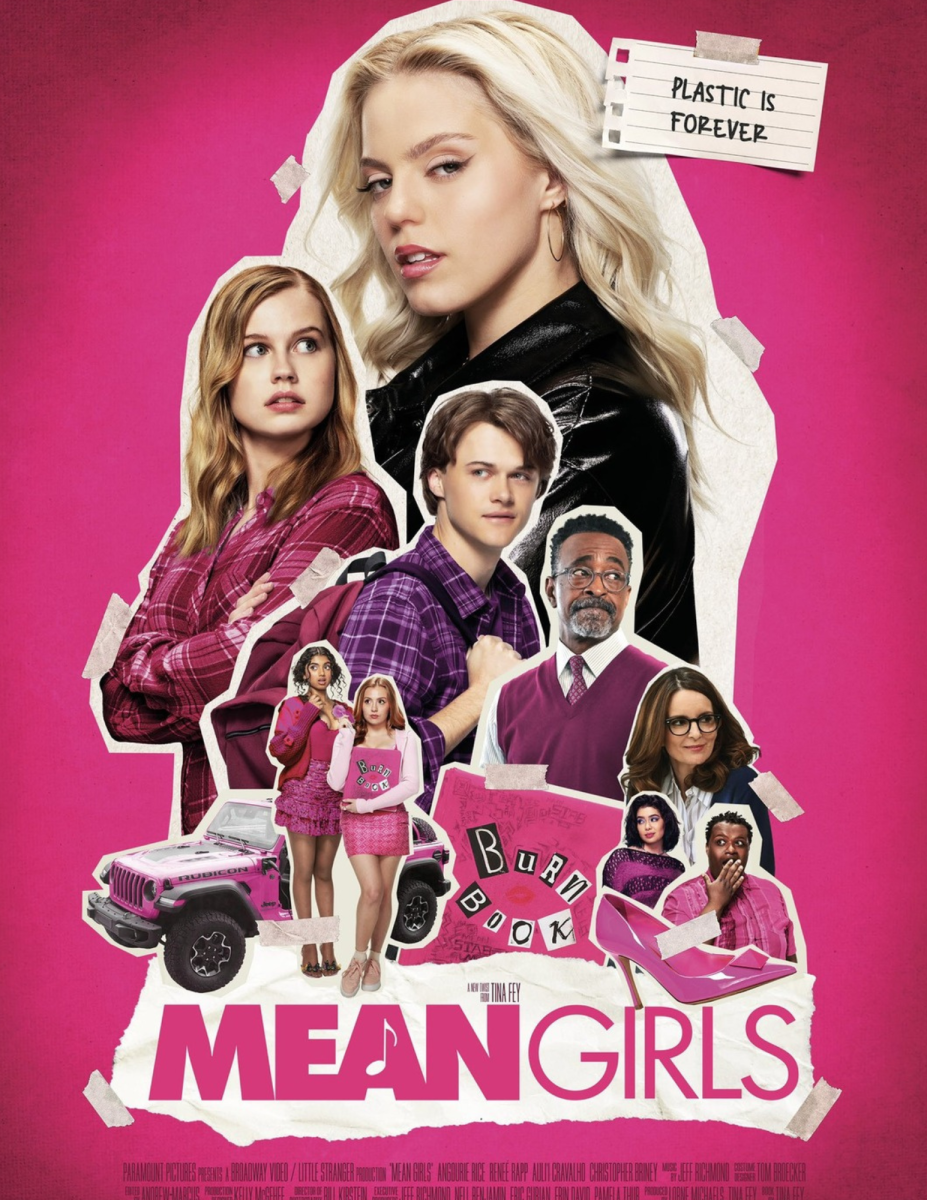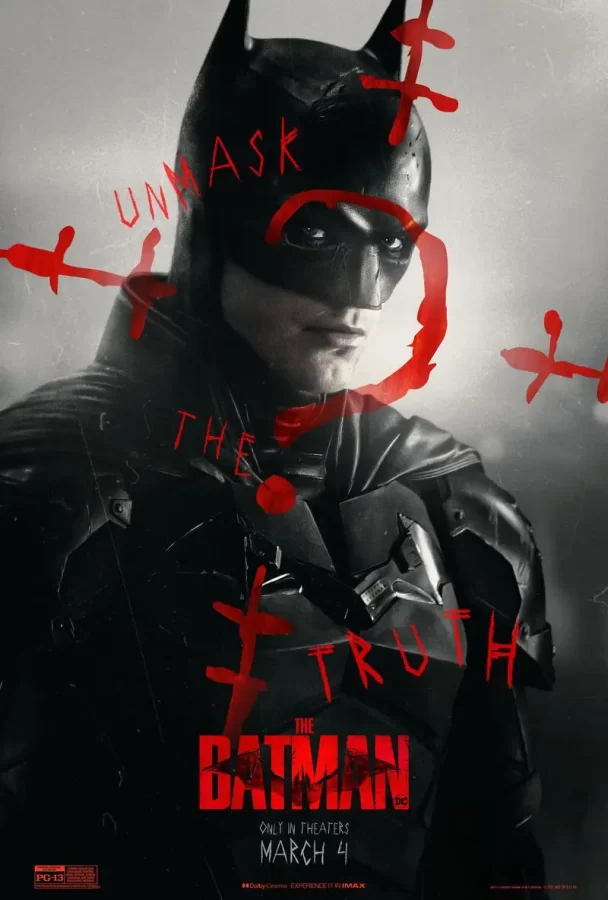The justice system in America is one that all Hutchison girls learn about. In Advanced Placement United States History (APUSH), students compete in a mock trial process. It is one that consists of a jury, a judge, and a defendant. We are taught about the fifth amendment, a right to due process, the right to an attorney if one can not be afforded, and the historical rulings of the Supreme Court in Advanced Placement Government and Politics. We are taught about a system which relies not on the government, not on the individual attorneys, but on the people of the United States of America, on twelve anonymous members of the jury. So what do we do when this revered system of justice we have been taught fails?
This is the question on the minds of many Memphians after the ruling from the Tyre Nichols trial was announced on Wednesday, May 7. Tyre Nichols, a Black man working for FedEx, was stopped by five police officers over two years ago for suspicion of reckless driving. The bodycam footage was released shortly after his death was announced, revealing a scene that rattled the nation to its core. Three former Memphis police officers, Demetrius Haley, Tadarrius Bean and Justin Smith, were accused of fatally beating a member of the Memphis community to death. The three officers in question were charged at a state level with aggravated kidnapping, official misconduct, and official oppression and tried in Chattanooga to ensure a fair trial by jury. Two other former officers, Desmond Mills Jr. and Emmitt Martin II, who participated in the beating of Mr. Nichols alongside Haley, Bean, and Smith, plead guilty to their federal charges. Mills Jr. plead guilty to the state charges as well. In the court of public opinion, there was no question as to the events on the night of January 7, 2023. In the words of assistant district attorney of Shelby County Melanie Headley in her closing argument, “…those three officers did bad things. And when Tyre cried for help, they didn’t do anything. Nobody helped him.”
In response, the defense attorneys for the three officers on trial attempted to frame guilt away from their clients by emphasizing the impact of Mr. Mills and Mr. Martin’s actions on the exercise of brutal force. Justin Smith’s lawyer said, “We are here because of the choices, as mentioned, Tyre Nichols made and Emmitt Martin made.” Tadarrius Bean’s attorney argued, “It’s not a case where they’re abusing the badge and trying to go out there and prove a point or to try to kill somebody.” To many on the side of the Prosecution and the Nichols family, the defense’s arguments seemed posed as a clear shift of blame onto the victim. Melanie Headley responded to this rhetoric saying, “You know who’s not on trial this week? Tyre Nichols. He’s the victim in this case.”
After only two days of deliberation, the jury’s verdict was unanimous: not guilty. Shelby County District Attorney Stephen Mulroy, who refused to speculate as to the degree seating an out-of-town and mostly white jury impacted the verdict, spoke on the jury’s decision saying, “I am convinced to this day that we had compelling evidence that showed that there was proof for every element of every one of the offenses that we charged. The jury took a different view. That is, of course, their right.”
The Justice Department investigation that was started after Tyre Nichols’s death found that the MPD had engaged in discriminatory treatment and a pattern of excessive violence of Black people, including children. Memphis contains more than a third of Tennessee’s Black population. It is clear that Tyre Nichols’s treatment was not an exception to the rule, but an expectation of enforcement. The decision in the case at trial Wednesday, however, does not mean a full continuation of this cyclical violence. The three officers have already been found guilty of witness tampering on a state level and of their federal charges. From this point, it is unclear how the state’s case against the remaining officer, Mr. Martin, will continue. While the ruling may have spared the officers from certain state-level penalties, their involvement with the justice system is far from over. The five officers as a whole, in addition to the city of Memphis and Police Chief Davis, are being sued by Tyre Nichols’s mother for $550 million, a case which is set to go to trial next year.
While this specific trial may not have had a happy ending, there is still hope in the justice system for the Nichols family, even if it is not as clear cut as the Advanced Placement curriculum would have us believe. That hope lives in the persistence of Tyre Nichols’s family, in the federal convictions already handed down, and in the broader community that refused to stay silent. No one person makes it to the State of the Union mentions or becomes represented by Tennessee’s largest county’s district attorney without the support of the public. We may not sit in a courtroom or hold the gavel, but we do hold something just as powerful: the ability to start the conversation and the responsibility to ask the hard questions.









